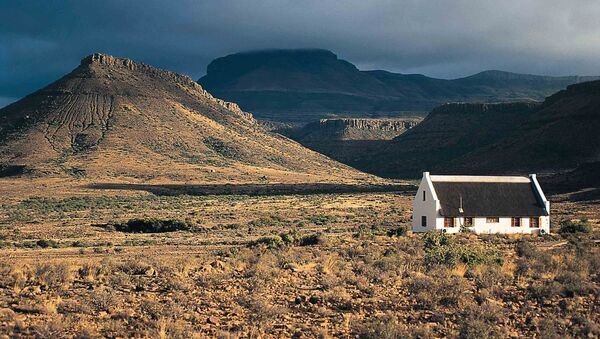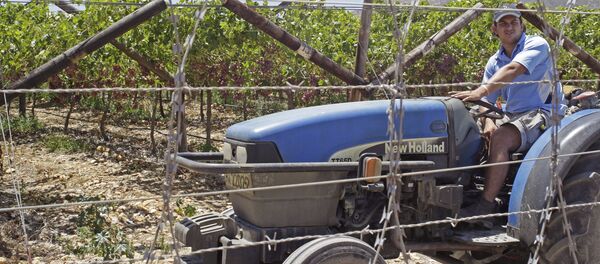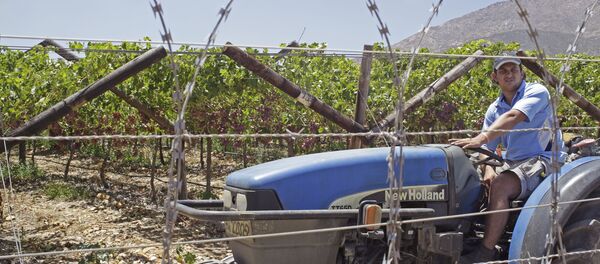Sputnik discussed the economic consequences of the land reform with Roger Southall, professor of sociology at the University of the Witwatersrand in South Africa.
Sputnik: Analysts warn of dire economic consequences of the land reform. How convincing are their forecasts?
Roger Southall: First of all, the National Assembly has approved a draft amendment to the constitution. That will be challenged in the Constitutional Court, which conceivably may overturn that legislation and that is a process which I imagine will take at least 9 months or a year. So it's not completely clear that the legislation in its present form will go through.
But nonetheless, I think it's the symbolism that counts and that is what is putting off foreign investment, and I think what it goes back to is the sense that South Africa might follow the Zimbabwean route.
Sputnik: Given the system that's in place, the political and the legal system, first of all it's all being re-looked at, so it is still not a fact that it will be ratified; what is this going to mean on the ground in terms of equal distribution of farm land? It has been mentioned in that legislation that this would be done without disruption of the economy, disruption of food supplies and so forth.
Roger Southall: I think what you might call the sensible part of the ANC tends to say is: "Look we're not going to run around the country seizing farms, in fact, we're going to take a strict line against land seizures, but what we're going to do is try to identify land which is lying fallow, which is not being used, which is being owned simply for speculative purposes, we're going to lock up even government land which is not being used, and we're going to try to use this first". And they're very eager to say that they're not going to disrupt commercial farms.
READ MORE: Politicians, Observers Warn of Economic Disaster in S Africa Amid Land Grabs
The weakness in the argument is that the ANC has been in power now for over two decades and they haven't really paid enough attention to the land reform program as it stands and there's a lot more they could've done, and, in fact, the failures very much lie more in the administrative sphere, rather than anything else: lack of support to farmers, lack of granting them capital, and so on.
What the ANC is saying is: "Let's not disrupt commercial farming; certainly we want to see it democratized, but then there are enough voices in the ANC saying we can't touch the large farms, not everybody in this country wants to be a farmer.
What we do need to address is the land in the old homeland areas, what used to be called the native reserves or Bantustans, where people are farmers and we should acquire land for those people.
But people living in the towns don't want to be farmers, they want somewhere to live. Then it is important to buy land on the outskirts of towns so that you can plan some sort of settlement for them to live on.
Sputnik: How polarizing is the situation in South African society right now?
If you look at the opinion polling, serious survey work, it is less polarizing and people are far more measured about how they view the whole issue; but nonetheless, there are sections of the country which are very worried about it, certainly in small towns and within some segments of the Afrikaner community.
Sputnik: What approach to the land reform do you think is necessary right now and what would provide the most workable solution?
Roger Southall: First of all you have to reform the Land Reform Department, it is staffed with a lot of people who don't know enough about farming. You need to get the commercial farmers on board, which many of them are saying: "The situation, as it is, is unstable, we need your assistance, let's, please, have your assistance in training farmers, give up some of your land, you don't need all of it, let's work on this together", that's the only way forward.
As Zimbabwe is now discovering, they have been inviting some of the old commercial farmers back, and we don't want to have to go down that road, we don't want to dispossess the productive farmers in the first place.
Views and opinions expressed in this article are those of the speaker and do not necessarily reflect those of Sputnik.






